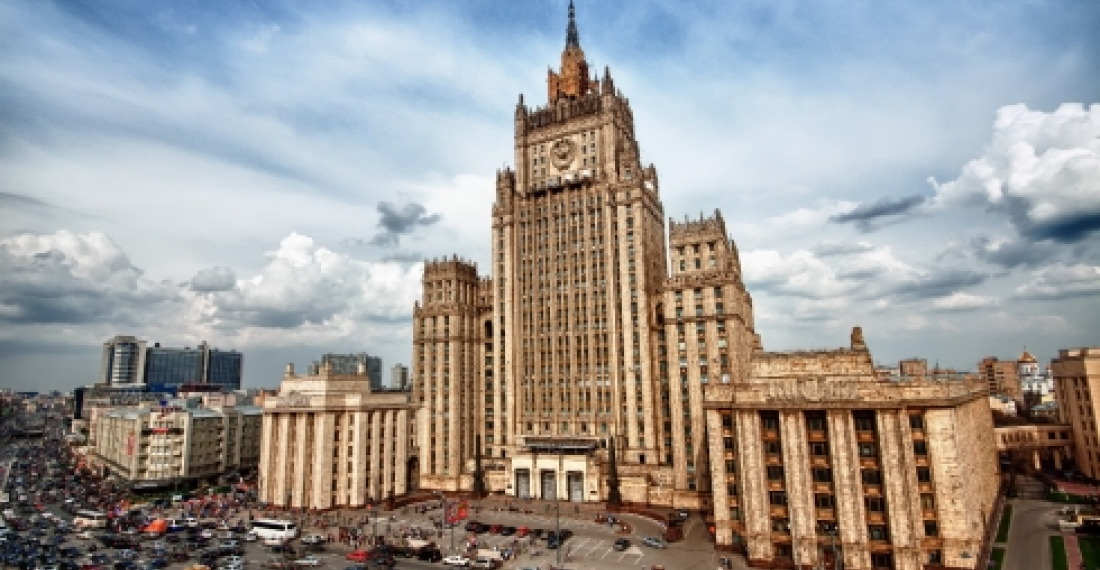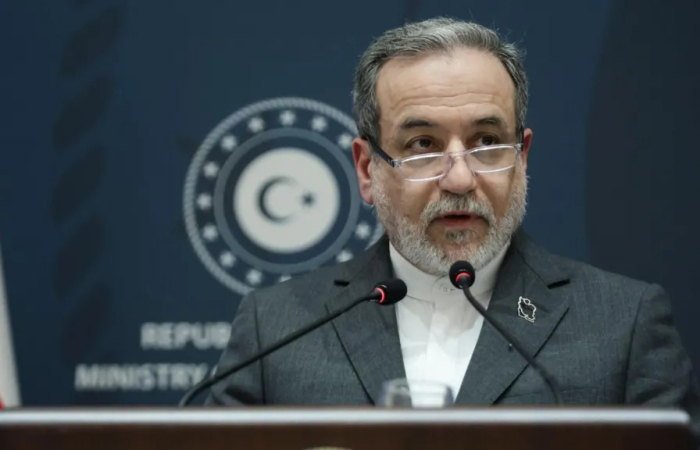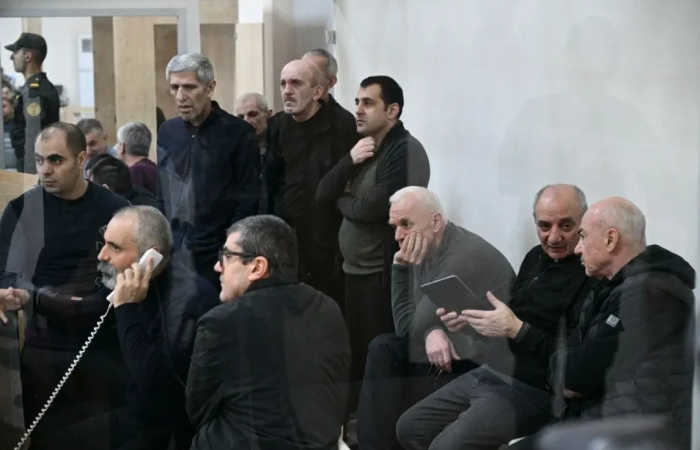The Spokesperson for the Russian Foreign Ministry, Maria Zakharova, speaking in Yerevan where she was accompanying Foreign Minister Lavrov on a visit to Armenia, has dismissed accusations that Russia has been monopolising the Karabakh peace process, or that it refused to share information after the St Petersburg summit in June. At that meeting President Putin brought together the Presidents of Armenia and Azerbaijan for discussions on the settlement of the conflict. It was reported that the co-Chair of the OSCE Minsk Group that is authorised to mediate in the conflict were only invited in at the end of the meeting.
"There were concerns that Russia allegedly tried to monopolise that process, and does not want to share information and so on. However, during and after the St. Petersburg meeting, everyone made sure that the mediators were duly informed of the discussions and did not feel left out of the process." Zakharova said that the sides in the conflict, and the mediators "highly evaluated the effectiveness of that meeting,"
Asked about future meetings between the Presidents of Armenia and Azerbaijan Zakharova said "Where and when the presidents should meet is an information that they should provide by themselves. We can say that the Russian President, Foreign Minister, and the entire foreign ministry has made great efforts in that regard. We do it through bilateral and multilateral channels and within the framework of the OSCE Minsk Group . We are doing all this, since we understand that each day of delay may pose threats against civilians".
sourec: commonspace.eu with agencies
image : The Russian Foreign Ministry building in Moscow (archive picture)







